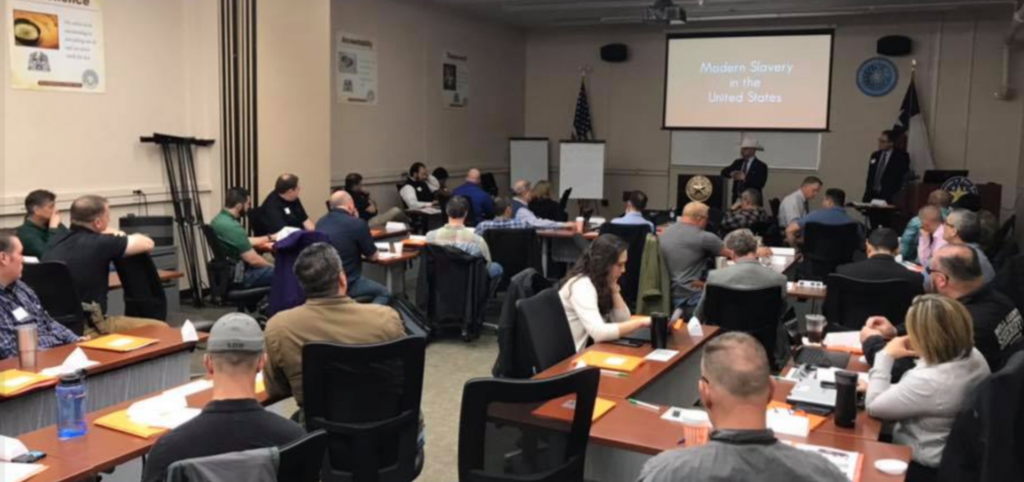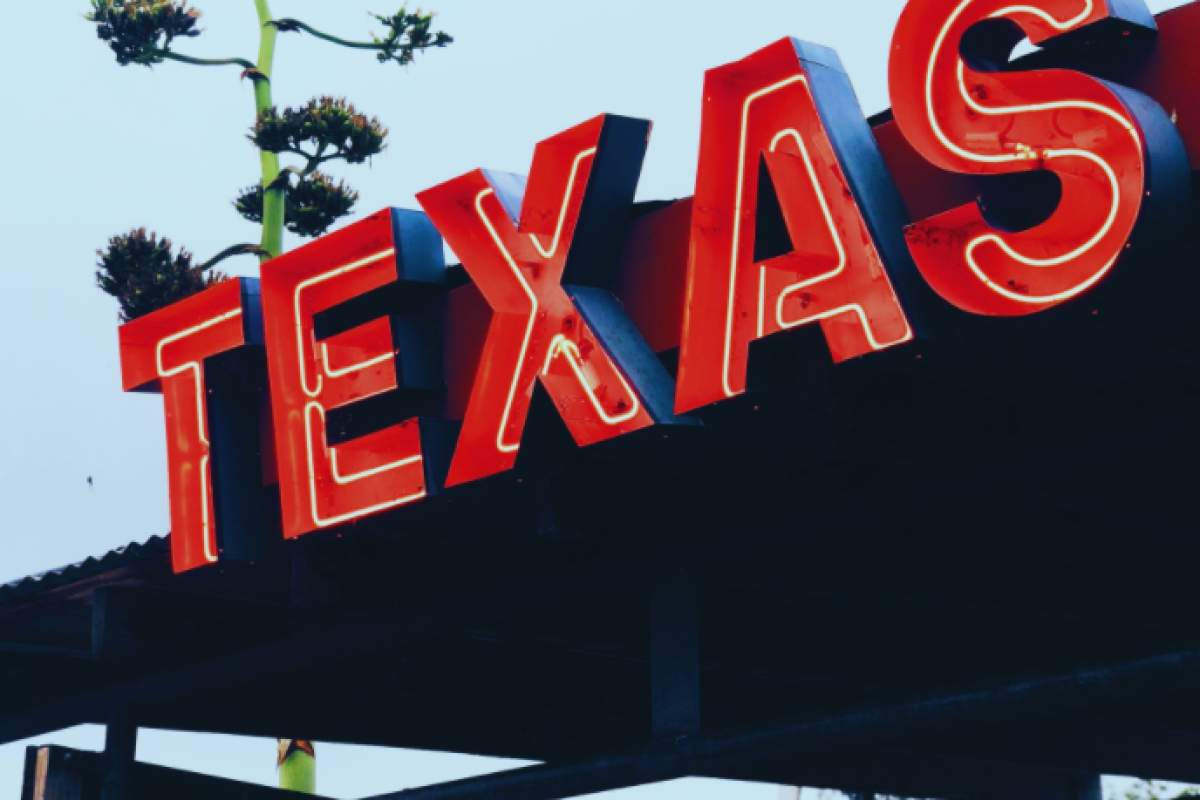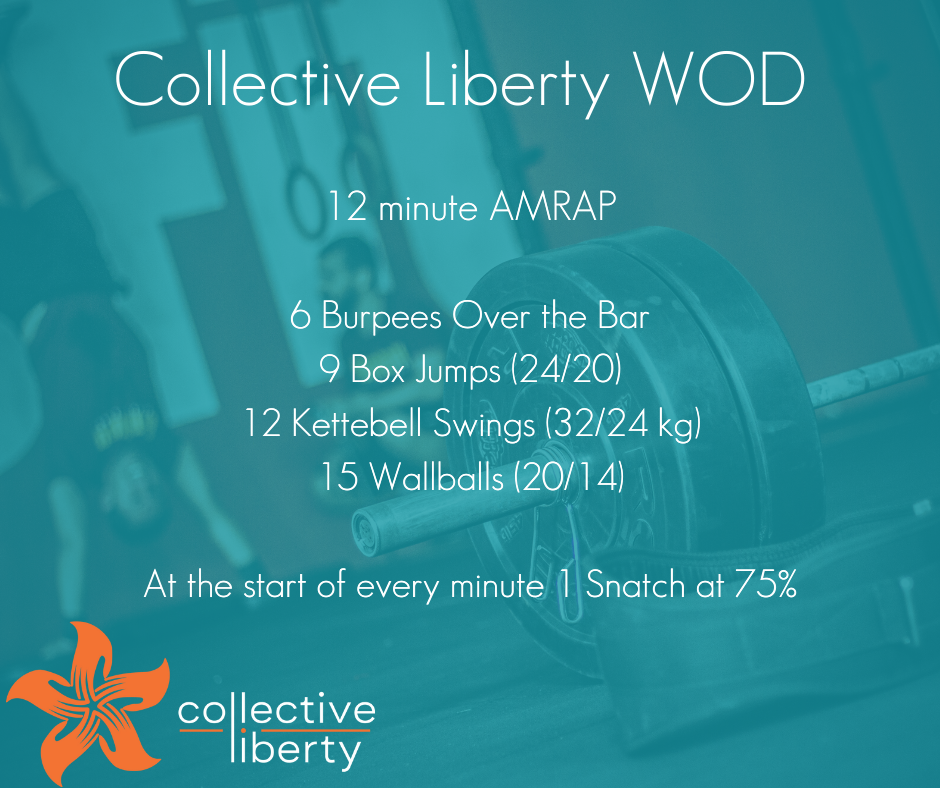While trafficking occurs all over the nation, all roads also lead to Texas. Texas has one of the largest state highway systems in the country, allowing it to be a huge transit site for domestic trafficking: at least 20% of the US national trafficking victims travel through Texas at some point. Texas is a state that has every type of trafficking across both sex trafficking and labor trafficking in various service industries.
Human trafficking is particularly relevant to Texas because of the state’s proximity to the U.S.–Mexican border, one of the most-crossed international borders in the world, and its extremely diverse population. According to the Department of Health and Human Services, of the more than 50,000 people annually trafficked from foreign countries into the United States, a quarter enters the country through Texas.

Pixabay for Pexels https://www.pexels.com/@pixabay
SEX TRAFFICKING INDUSTRY IN TEXAS
Texas is a hub of sex trafficking. The National Human Trafficking Hotline documented reports of over 5,800 trafficking cases in Texas since 2007 and more than 800 cases of sex trafficking across the state in just 2019.
Sex trafficking can take many forms and more often than not does not resemble its portrayal in most media. Some of the most common forms of sex trafficking identified in Texas are
- Romeo/boyfriend pimp trafficking
- Commercial front brothel trafficking
- Hotel Trafficking
Sex trafficking victims can range from 14 to 45, be male or female, and documented or undocumented. The most common theme is not age, ethnicity, or national origin, but is that traffickers exploit vulnerabilities in preying on victims.
Recruitment can occur through different channels such as modeling agencies, fraudulent job offers, meeting the person’s need for shelter/food, and romeo pimping. Romeo pimping is also known as boyfriend pimping. This is a method that traffickers use to find vulnerable victims looking for connection and community, and deceiving them into believing they are in a romantic relationship. The trafficker pretends like he is in love and then uses that relationship to manipulate and exploit their victims.
As part of our national work, we monitor daily cases of human trafficking across every US state. We saw more than 100 pimp arrests across all of Texas in 2020-2021 media coverage. Many cases involve victims from other states being trafficked within Texas and often also include traffickers operating across state lines. Texas’s connections to every major national highway in the United States and its role as a transfer location for air and ground travel from coast to coast make it a destination for traffickers to operate, a source for traffickers to recruit, and a transit route for traffickers traveling through.
Pimp-controlled and online-driven trafficking isn’t the only type of sex trafficking in the state. The commercial-front sex trafficking industry that forces or coerces victims through debt bondage or threats behind the front of a commercial business. It includes bars, cantinas, strip clubs, and illicit massage parlors. Texas is the 4th state in the nation for the concentration of Illicit Massage Business.
The women trafficked through Texas IMBs often initially enter the U.S. through a major port city, like Los Angeles, San Francisco, or New York City, but they also cross the southern border into the U.S. Victim experiences often start in those port cities, sometimes having been recruited to those cities directly from online job boards, and other times to find work by word of mouth, or more commonly, through online job boards and daily newspapers. Many of the ads for massage businesses are fraudulent and promise legitimate, safe work. Women may arrive in Texas as a result of being recruited directly from a port city, or they may be recruited into an IMB network starting in a port city and moved along a multi-state route that can include cities in Texas.
LABOR EXPLOITATION IN TEXAS
While Texas has made significant steps in the last decade to combat modern slavery, there is still much work that needs to be done to end sex and also labor trafficking. High-risk labor trafficking segments in Texas include migrant farmworkers and meat-processing facilities, cleaning services, construction, kitchen, and landscaping workers. More than 36,000 agriculture workers a year in Texas face abuse by their employers but choose to stay silent out of fear of losing their H-2A visas and be deported to their home countries.
Most workers are often unaware of their labor rights and that they are even victims of forced labor or that the fees they are required to pay to their supervisors for a visa are illegal. Labor traffickers prey on workers who are desperate for income, pushing the boundaries of that vulnerability. Those workplaces that prey on migrant workers are further able to coerce and defraud their victims whose legal right to work in the country is directly tied to maintaining that specific job with that specific employer.
Labor trafficking in the services industries, industrial industries, and informal economies occurs across the entire state. To learn more about different types of trafficking, visit Types of Human Trafficking.
WAYS TO HELP

Since 2019, Collective Liberty has trained about 920 local Texas law enforcement professionals to use its platform, assisted with more than 75 arrests, and worked with 60 agencies across Texas. We have already conducted training institutes in Austin, Midland Odessa, Tyler, Houston, Lubbock, and Dallas. During our training, we provided knowledge and skills to ensure law enforcement agents operate in culturally nuanced, victim-informed ways and with connections to partners across the state and neighboring jurisdictions. What started with Texas is transforming how trafficking is found and ended across the country.
Contact us to join our next training across the country.
Subscribe to our newsletter and receive updates on our work, as well as information on how to spot trafficking and ways to join the fight.
Donate now to help us make a difference in the fight against human trafficking.









